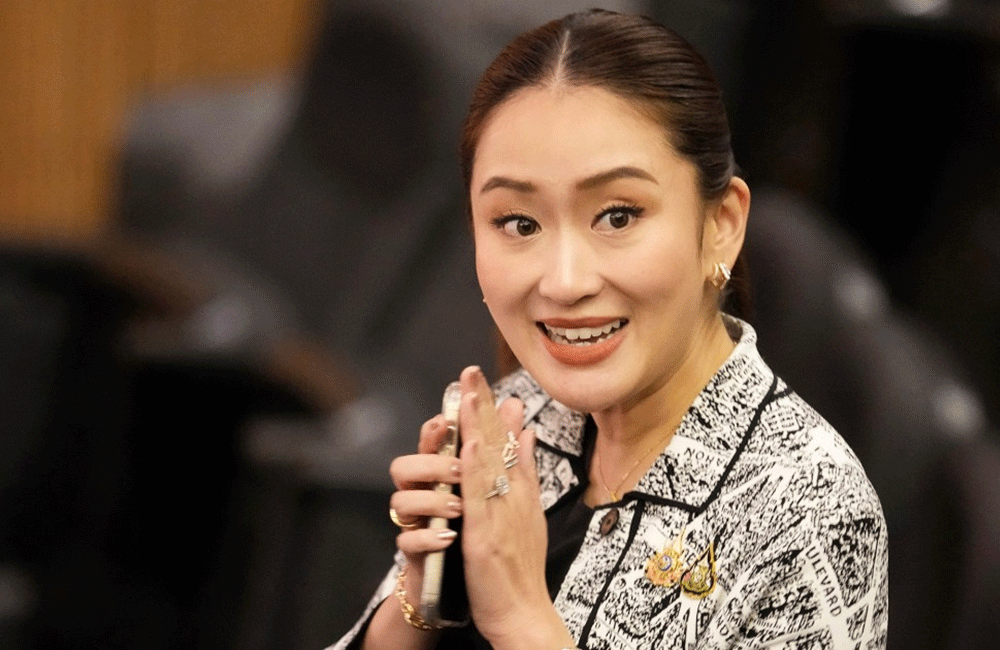Thailand's parliament voted on Friday (Aug 16) for the daughter of divisive tycoon Thaksin Shinawatra to become the country's next prime minister.
Political newcomer Paetongtarn Shinawatra, 37, will become Thailand's second female prime minister and the third Shinawatra to hold the top post, a surprise that could prolong a power struggle and reignite political turmoil.
Thailand's Constitutional Court on Wednesday dismissed Srettha Thavisin as prime minister, in what was the latest blow for Pheu Thai, the populist juggernaut of the billionaire Shinawatra family that has locked horns for two decades with Thailand's influential establishment and royalist military.
Srettha was the movement's fourth prime minister to be removed by a court ruling and his downfall suggests a breakdown in an uneasy detente between Thaksin and his enemies in the conservative elite and military old guard, which had enabled the tycoon's return from self-exile in 2023 and ally Srettha to become premier the same day.
Pheu Thai's decision to rally behind Paetongtarn came as a surprise to some political analysts, who had expected heavyweight Thaksin, 75, Pheu Thai's founder and figurehead, would delay his political dynasty and shield his youngest daughter from Thailand's cut-throat politics for a little longer.
Pheu Thai and its predecessors have borne the brunt of the tumult, with two Shinawatra governments ousted in coups in a long-running grudge match that began when former telecoms magnate Thaksin tried to upend established patronage networks, angering elites with far-reaching connections.
Thaksin returned to Thailand last August from 15 years in self-exile on the same day Srettha took power in an alliance with pro-military parties previously staunchly opposed to the tycoon ex-premier and his followers.
The timing seemed to suggest a truce in the long-standing feud as both sides sought to see off the threat posed by the newer Move Forward Party (MFP), which won the popular vote in last year's election.
It was later blocked from forming a government.
Uncertainty about political upheaval could add more strain to an underperforming economy that Srettha had hoped to revive with a raft of stimulus measures, some that could now be in question, including his vaunted plan to give 10,000 baht (US$285) handouts to 50 million people.
The case against Srettha was brought by 40 former senators appointed by the military junta that ousted an elected Pheu Thai government in a 2014 coup.
The senate also played a crucial role in blocking the MFP after last year's elections.
Senators alarmed by MFP's pledges to reform lese majeste laws and break up powerful business monopolies refused to endorse its then-leader Pita Limjaroenrat as prime minister, and the party was forced into opposition.
The Constitutional Court dissolved the MFP last week and banned Pita and its main officials from politics for 10 years.
Srettha was dismissed over the appointment of Pichit Chuenban, a former lawyer associated with Thaksin.
Pichit, sentenced to six months in jail in 2008 for a graft-related offence, quit the Cabinet after the case was filed in a bid to save Srettha but the court pressed ahead with it.
CNA

Leave your comments
Login to post a comment
Post comment as a guest